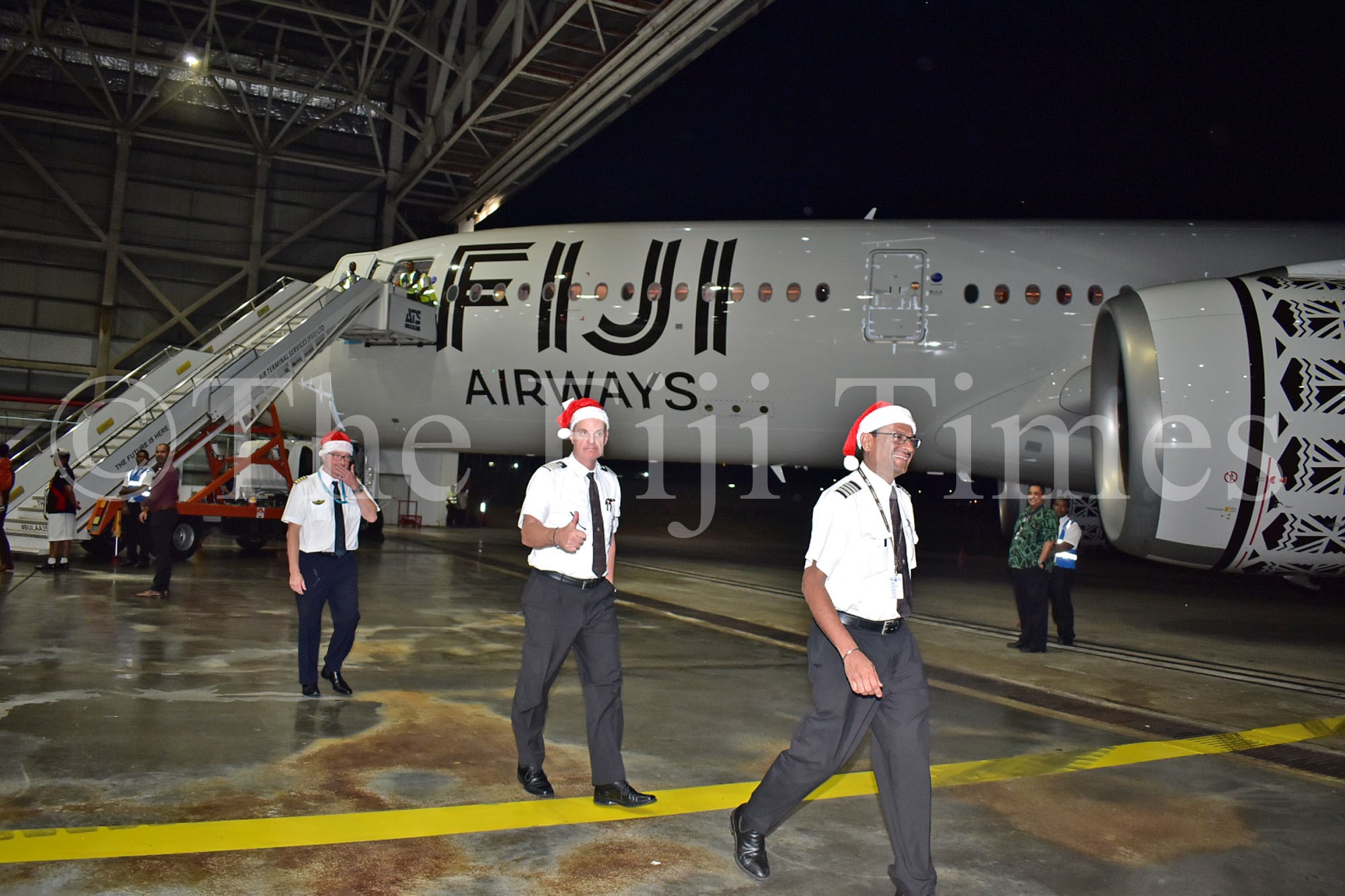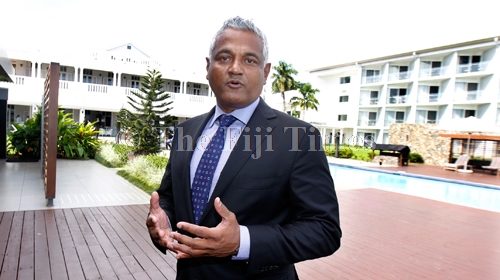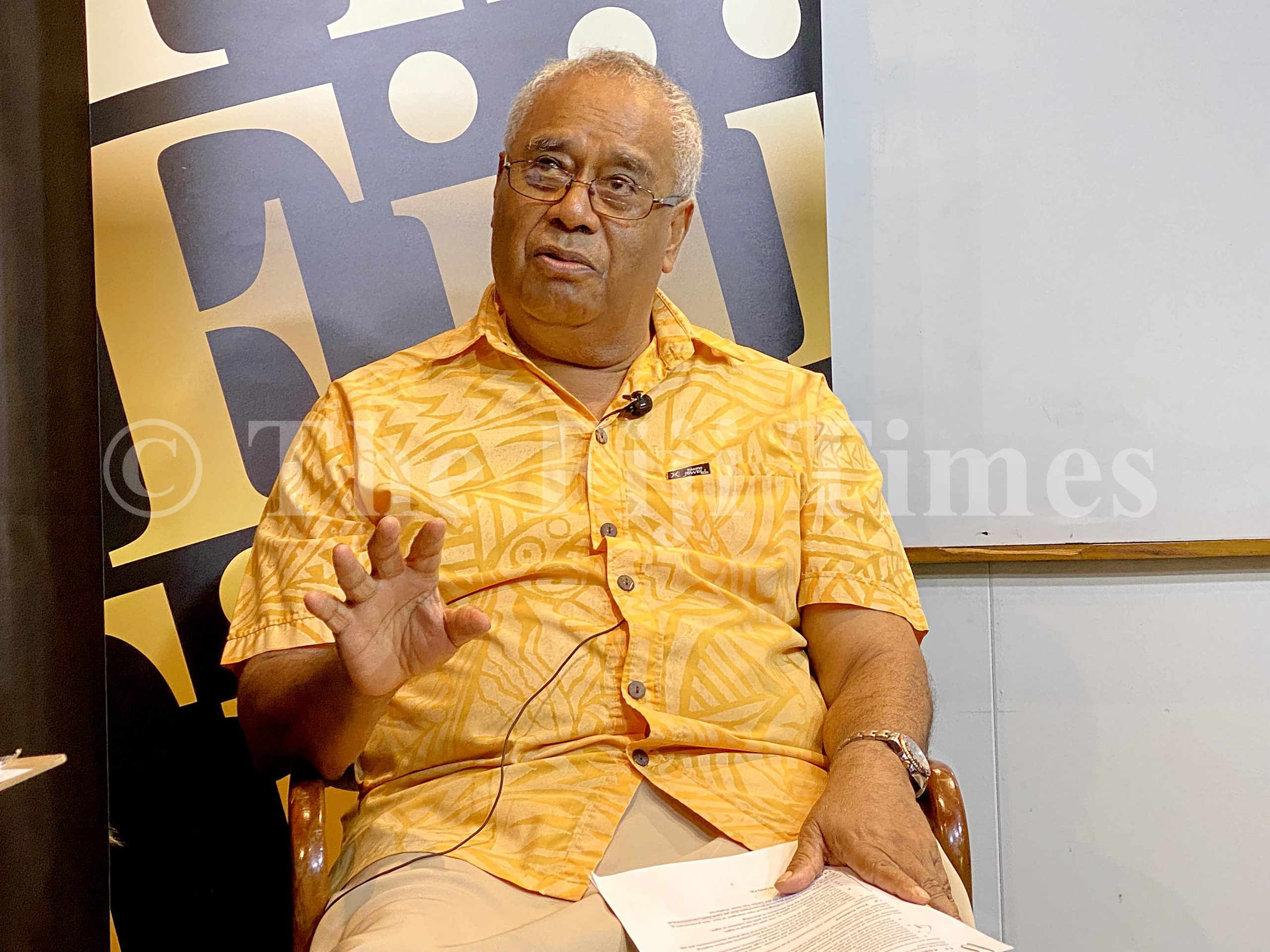Becoming an airline pilot can be an excellent career choice for many reasons. Airline pilots often earn competitive salaries as they gain experience. The demand for pilots is generally stable, and in many regions, there is a growing need for pilots due to the expansion of the aviation industry and retirement of older pilots. The role of an airline pilot is highly respected and regarded as prestigious, often leading to a sense of pride and accomplishment.
DATA made available to Beyond the Scope by the Fiji Airways Pilots Union (FALPA) reveals 63 Fijians who were eager to become pilots have run out of money to complete their studies. The union states this is concerning.
Currently, expatriate pilots outweigh locals who fly with the national airline, states FALPA president Gideon Leweniqila.
FALPA has released details on 63 Fijians who are now facing financial hardships in completing their pilot training. All added together, the 63 need about $4.5 million to complete their studies and become pilots. To better understand the problem, here is a sample of (in dollar value) what students need to further and finish their pilot training education.
The problems
FALPA states the current retirement age has been extended to 65 years with discussions to increase it further to 67.5 – 70, subject to medical clearance in the industry.
“This shift can help retain experienced pilots while offering opportunities for younger local pilots to progress,” Mr Leweniqila said, adding there is a possibility of exodus of local pilots.
“The global trend of pilots seeking better opportunities is evident. However, Fiji Airways has the capacity to offer competitive salaries and benefits to local pilots as has been demonstrated previously pre-Covid to fellow expatriates.
“Incentives such as education allowances, accommodation support, and medical benefits can counterbalance basic salary discrepancies and attract experienced Fiji pilots back home.”
On career progression, FALPA states there is slow career advancement for local pilots that has led to the departure of senior First Officers in the past.
“With the new academy we have the infrastructure, but no national progression policy and its framework, forecast or realised milestones and its monitoring to accelerate the progression of local pilots.”
FALPA believes financial constraints force many aspiring pilots to delay their training.
“Increasing government scholarships for aviation can alleviate this burden and ensure a steady flow of qualified local pilots.”
He said the current training expenses was about $150,000-$180,000 to complete a commercial pilot licence with full instrument rating.
“This amount is prohibitive for many. Introducing a cadet program can provide a structured pathway for aspiring pilots, making the profession more accessible.”
Financial assistance
FALPA has taken steps to financially support locals to attain their Airline Transport Pilot Licence (ATPL). Over 30 individuals have participated in various phases of the ATPL course, facilitated by a Pilot Group and FALPA.
“This initiative, funded through kind donations, has enabled local pilots to attain the necessary qualifications without the financial burden of overseas training.”
Mr Leweniqila added numerous letters from student pilots highlighting their financial struggles faced by their families have been received by FALPA.
“The pilot group’s efforts have been recognised by the Fiji Airways CEO, acknowledging the groundwork laid to support aspiring local pilots.”
The way forward
Mr Leweniqila firmly believes drawing inspiration from proven concepts of Emirates, Ethiopian Airlines, Oman Air etc, Fiji can establish a dedicated department to manage and train local pilot cadets.
“There has to be redirecting of scholarship funds to aviation that can prevent students from abandoning their training due to financial constraints.”
He said rather than give Tertiary Scholarships and Loans Service loans to up to 20 students, only 3-4 beginner students could be considered with a review of bonding policies.
“The current bonding system for returning local pilots needs revision. Unlike contract Captains, local pilots are bonded for extended periods, which is unfair and discourages their return.”
By addressing these issues and implementing part or all of the proposed solutions, we can secure a prosperous future for our local pilots, contributing positively to the nation’s economy and aviation sector, said Mr Leweniqila.





